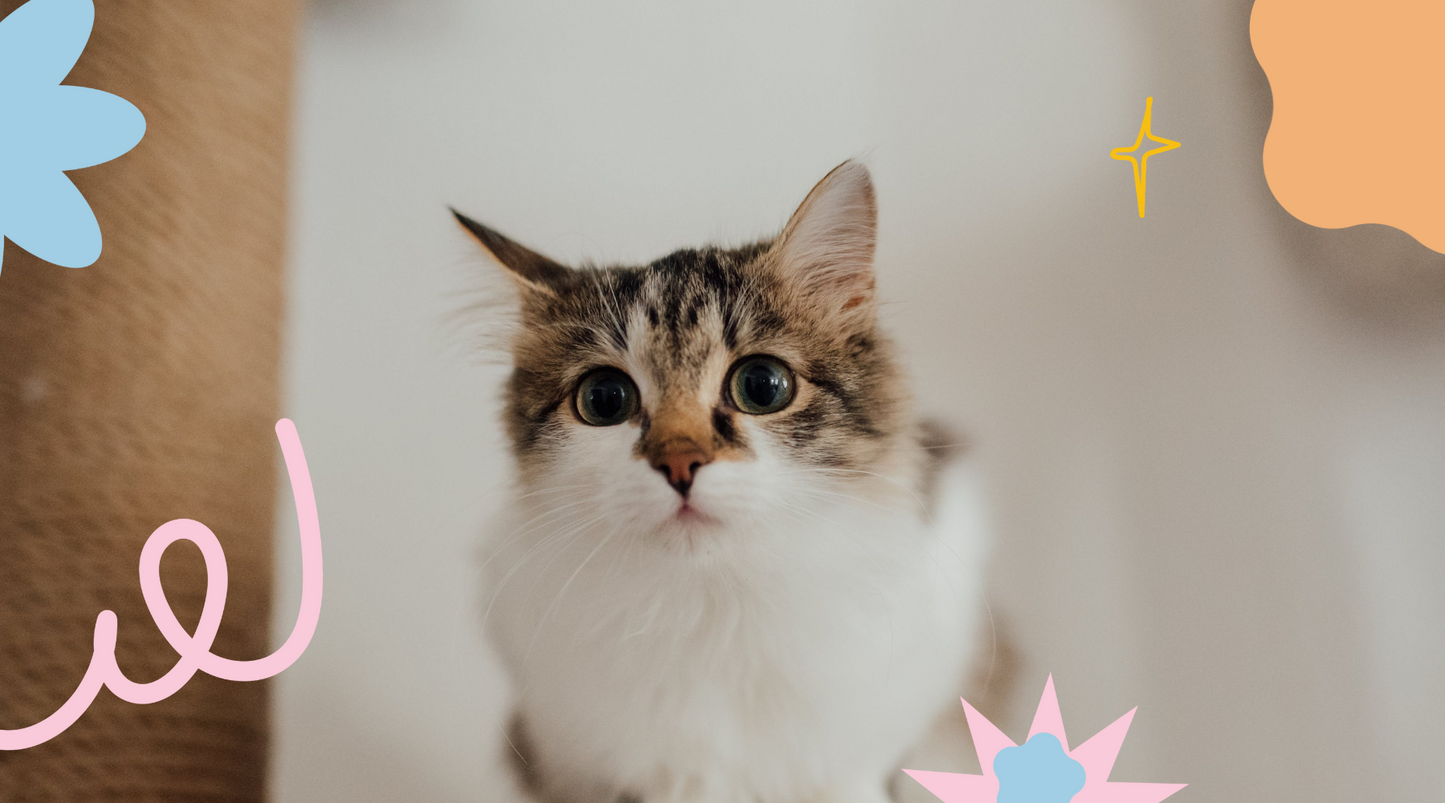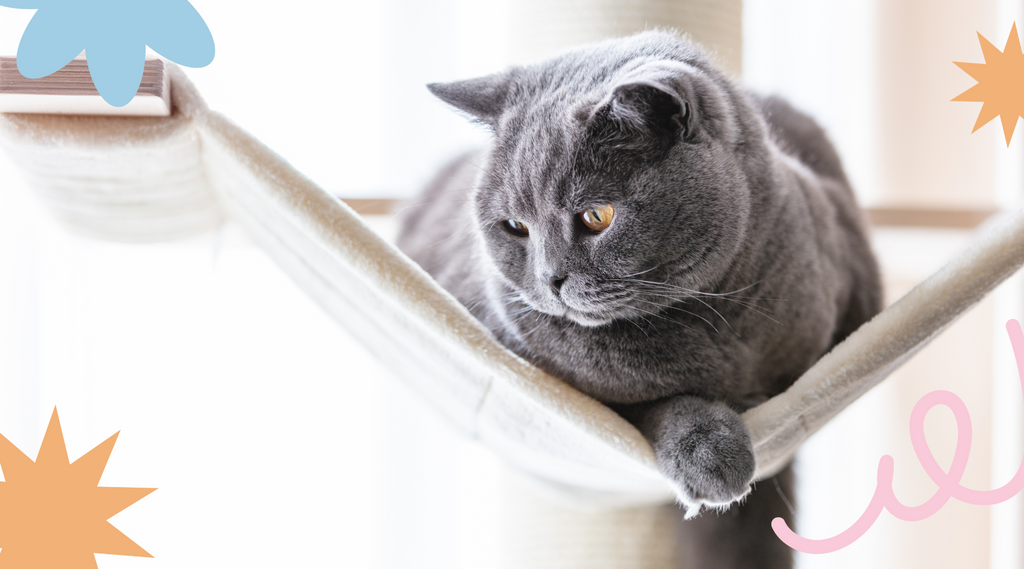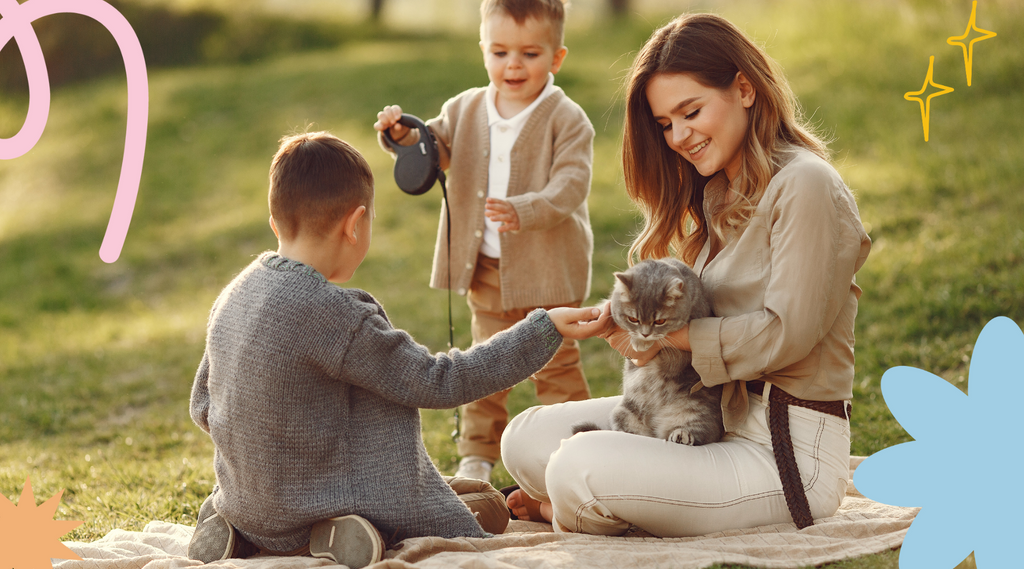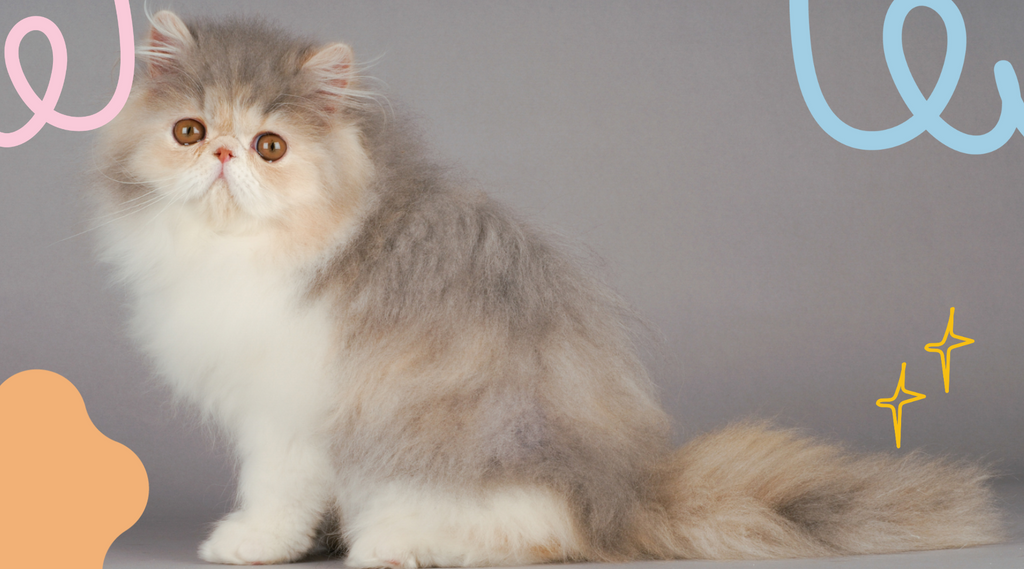
Many myths and misconceptions surround purebred cats, often deterring potential owners from experiencing the joys of these remarkable felines. This article aims to separate fact from fiction, shedding light on the true nature of these breeds and encouraging readers to approach them with an open mind.
Purebred cats are often misunderstood, leading to various misconceptions about their behavior, health, and suitability as companions. By addressing these common myths, we hope to encourage more people to consider adopting or rehoming a purebred cat, as they can make wonderful additions to any family.
What is a Purebred Cat, and Why Do Misconceptions Exist?

Purebred cats are felines of a particular breed that have been selectively bred to maintain specific physical and behavioral characteristics. Their lineage can be traced back through many generations, ensuring they meet the breed standard. However, due to a lack of understanding and misinformation, purebred cats often face unfair stereotypes and misconceptions.
Common Misconceptions About Purebred Cats

Are Purebred Cats More Aggressive or Wild?
One common myth about purebred cats is that they are more aggressive or wild than mixed-breed cats. This misconception couldn't be further from the truth. With proper socialization and training from a young age, purebred cats can be just as friendly, affectionate, and well-behaved as any other cat.
Do Purebred Kittens Always Come from Breeders?
Another misconception is that purebred kittens can only be obtained from breeders. While reputable breeders are a common source for purebred kittens, many purebred cats also end up in shelters or rescue organizations due to various circumstances. Adopting a purebred cat from a shelter can be a rewarding experience.
Are Purebred Cats Prone to More Health Issues?
Some believe that purebred cats are more prone to health issues due to their restricted gene pool. While it's true that some breeds may be predisposed to certain conditions, responsible breeders work to minimize these risks through careful breeding practices and genetic testing.
Is Grooming Purebred Cats More Demanding?
There's a misconception that purebred cats require excessive grooming or have specific grooming needs. While some breeds, like the Maine Coon or Persian, may require more frequent brushing or bathing, many purebred cats have low-maintenance coats.
Can Purebred Cats Adapt to Life in Shelters?
Some people believe that purebred cats cannot adapt well to shelter life or may struggle to find forever homes. However, with proper care and socialization, purebred cats can thrive in shelters and make excellent companions for the right families.
Dispelling the Myths: The Truth About Purebred Cats

Purebred Cats Can Make Wonderful Companions
Contrary to popular belief, purebred cats can make exceptional companions. With their unique personalities, beauty, and affectionate nature, they can form strong bonds with their owners and bring joy to any household.
Shelters and Rescues Often Have Purebred Cats
While breeders are a common source for purebred kittens, many shelters and rescue organizations also have purebred cats available for adoption. These cats may have ended up in shelters due to various circumstances, such as owner relocation or financial hardship.
Responsible Breeders Prioritize Health and Temperament
Reputable breeders are committed to breeding healthy, well-socialized cats with excellent temperaments. They follow strict breeding protocols, perform genetic testing, and prioritize the well-being of their cats and kittens.
Grooming Needs Vary by Breed
Grooming needs for purebred cats can vary depending on the breed. While some breeds, like the Persian or Maine Coon, may require more frequent brushing and bathing, others, like the Russian Blue or Siamese, have shorter, low-maintenance coats.
Purebred Cats Can Thrive in Shelters with Proper Care
With proper socialization, enrichment, and care, purebred cats can adapt well to shelter life and make excellent companions for families willing to provide them with a loving home and meet their specific needs.
In Conclusion: Embracing the Beauty and Individuality of Purebred Cats

Purebred cats have a lot to offer, from their unique physical characteristics to their distinct personalities. By dispelling common misconceptions and understanding their true nature, we hope to inspire more people to consider adding these remarkable felines to their families.
Remember:
- Purebred cats can make wonderful companions with proper socialization and training.
- Many purebred cats are available for adoption through shelters and rescue organizations.
- Responsible breeders prioritize the health, temperament, and well-being of their cats.
- Grooming needs vary by breed, and many purebred cats have low-maintenance coats.
- With proper care and enrichment, purebred cats can thrive in shelters and find loving forever homes.
Embrace the beauty and individuality of purebred cats, and approach them with an open mind. They may just surprise you with their affectionate nature, intelligence, and ability to bring joy to your life.
